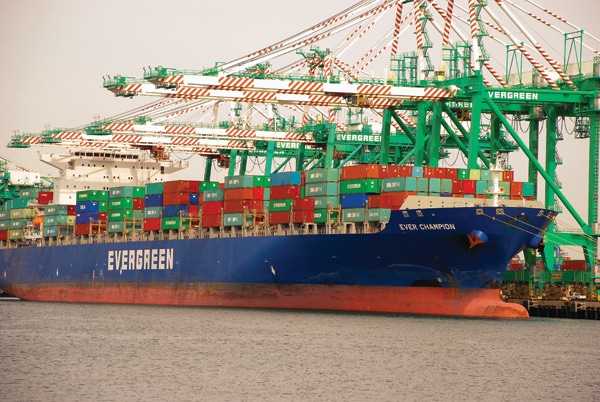Win-Win Ending To The "Hormone Beef Trade War"
The deal allows the EU to keep its ban on imports of hormone-treated beef, in return for increasing its quota for imports of high-quality beef from the US and Canada.
March 14, 2012

EU concessions to help put an end to the 20-year hormone beef trade war with the USA and Canada were approved by MEPs on Wednesday. The deal allows the EU to keep its ban on imports of hormone-treated beef, in return for increasing its quota for imports of high-quality beef from the US and Canada.
The deal would raise the EU's quality beef import quota to 48,200 tonnes. The US and Canada, for their part, have already suspended duties, imposed in retaliation against the EU's hormone-treated beef ban, on previously "blacklisted" products originating in 26 EU Member States (all except the UK), worth over US $ 250 million at today's prices.
"This long-lasting trading dispute will end today. This is a win-win resolution for the EU. Parliament has taken a step that will enable the EU agricultural industry to plan ahead again and that will strengthen transatlantic trade links," said rapporteur Godelieve Quisthoudt-Rowohl (EPP, DE).
Parliament made no substantive amendments to the text proposed by the European Commission. The deal, approved at the first reading with 650 votes in favour, 11 against and 11 abstentions, had already been informally backed by the Council. The increase in EU import quotas will take effect from August 2012.
History of a trade war
The beef hormone dispute has affected transatlantic trade relations since 1988 when the EU, concerned for health of its citizens, banned imports of beef treated with certain growth-promoting hormones. In 1996, the US and Canada, which were worst affected by the ban, challenged it under the World Trade Organisation (WTO) dispute settlement system and were subsequently authorised to impose trade sanctions on EU produce worth respectively US $ 116.8 million and C $ 11.3 million a year.
These duties hampered EU exports and led to a loss of market share for EU producers. The EU products affected by the sanctions included bovine and swine meat products, Roquefort cheese, chocolate, juices, jams and fresh truffles.
A win-win solution
In May 2009, an agreement negotiated by the European Commission and the US government provided for a phased reduction in US sanctions on EU products and a gradual increase in the EU tariff quota for high-quality, hormone-free beef. The US has already agreed to lift its sanctions against the EU products in May 2011.
The main beneficiaries of the lifting of the US and Canadian sanctions are Italy, with produce worth over US $ 99 million, Poland, (US $ 25 million), Greece and Ireland (US $ 24 million each), Germany and Denmark (US $ 19 million each), France (US $ 13 million) and Spain (US $ 9 million).
You May Also Like


.png?width=300&auto=webp&quality=80&disable=upscale)
